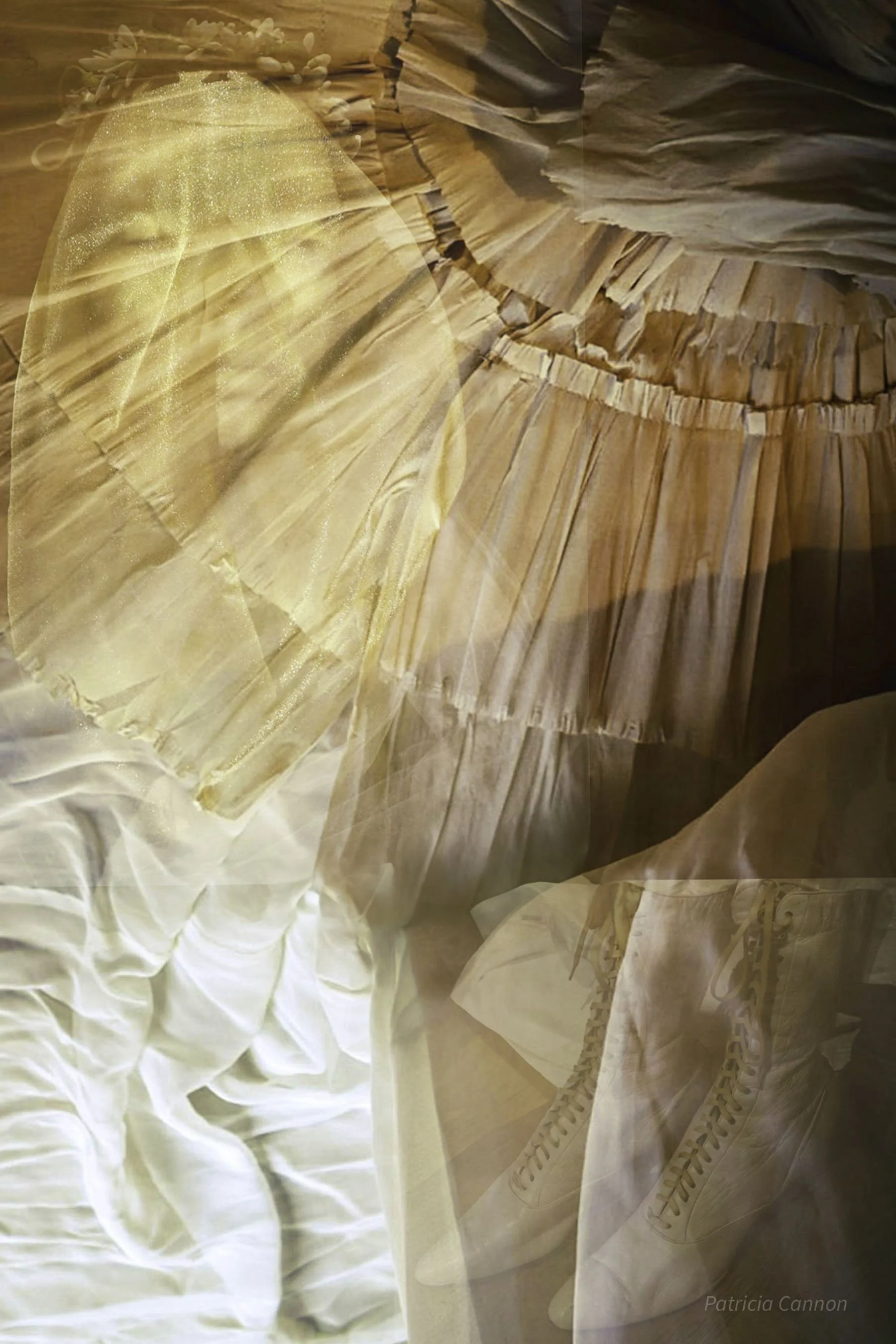In the hospital’s corridor, hushed voices merge and drift towards the bed. In it lies a solitary figure; brittle and fragile, his torso wrapped and bound by a teal-coloured blanket. The rising warmth from a radiator casts dust upwards and it meets the light from the early morning, forcing its way through a gap in the curtains. He lies confused, unable to sleep and unsure of his surroundings.
Is she next door, he wonders? Where are his keys? He must run to the car. Hurry, hurry, hurry. Work is important, he knows it’s important, and he can’t have his pay docked again. He closes his eyes and looks forward to dinner. Of the kisses on the doorstep and the glass of Scotch, enjoyed in the comfort of his new recliner. But where is she? Perhaps she is gone, he thinks. Perhaps she will visit soon - both feel plausible. He lets his eyelids fall once more but sleep remains out of reach.
Then there is a glimpse of something in memory: the smile of a child and the smell of paint in the master bedroom. How they argued about the colour, he recalls, smiling. The thoughts drift and circle within his tired mind then fade, falling too far from reach. Then they are gone. There is a plastic tumbler of water beside the bed and several polystyrene cups. He cannot remember when he last drank and reaches upwards, straining to pour the now warm water into the vessel. Drops fall on the white bedside cabinet, off-white, uniform and sterile. He notices a pair of slippers poking out from beneath. Perhaps they are his. He does not know.
A clock above ticks slowly. He watches the hands but does not know the direction in which they move. He shuts his eyes once more. He wants to remember.
‘Please, my darling,’ he whispers, ‘please stay a little longer.’
But where her face once was there is now only fog. He raises a hand upwards in hope but it is left untouched. There is a sense of someone speaking and he opens his eyes. A woman stands before him, but it is not her. This woman is younger, dressed in pale blue, a faint smile across her lips. She reaches down and lifts the man’s head, moving his pillow upwards as she does so.
‘Breakfast will be served soon,’ she says. ‘I hope you slept well?’
‘Oh, yes, yes, of course, but I’m sorry,’ he states, in all but a whisper, ‘where am I?’ There is silence.
‘Where is my wife? I must get to work soon, and we need to take the children to school. Do you know where she is?’ he asks, worry growing in his voice.
‘You’re in hospital, Mr McEwan,’ she says, placing one hand on his. It is warm and thin; delicate like that of a child. ‘Your daughter will visit after breakfast, so you can look forward to that,’ she smiles. He senses the comfort in her voice, but it does not reach him.
‘Of course, yes, the hospital…yes, that’s right, I had a fall…and my daughter, yes, that’s right, that’s right,’ he pauses, looking beyond her eyes and again to the face of the clock. To him, the hands now cease to move.
He looks at his own, white as paper. Are they truly his, he wonders?
There was a garden once. Perhaps it is still there. He climbed its trees and picked apples from where they fell each autumn, red and welcoming. They too had a garden. A garden where she sang and they danced together, moving in harmony across the seasons. But the seasons cannot be halted.
‘Dad,’ calls a faint voice from the bedside. A hand reaches down to smooth his hair, and he feels the tender lips of his daughter as they meet his forehead. He keeps his eyes closed, squeezes them shut in the hope a memory will come. He held her as a child in a hospital just like this. He was a father. He pulled her close into his chest and cried tears of joy. Now it is she who holds him, wrapped in a mixture of fear and sadness.
‘Are we in Can…a…da?’ he stammers.
He opens his eyes and looks again at his hands. His mind races. Why must he always look! He grows angry at the confusion. Whose hands are these if not his own? These hands, with veins like rivers, blue and pressed against the skin, crossing and moving upwards. Where do they go? Will they take him away from here?
‘We’re in Scotland, dad. Scotland. We’ve never been to Canada. I’ve left your list by your bed that you can read when you’re ready, or we can go over it now if you want?’ she asks.
‘No, no, dear, that’s okay. We’re in Scotland, that’s right. Scotland. I understand now,’ he says, rushed and confused.
‘You’ve had a fall, dad, but when you’re feeling better, we’ll take you back to the home. Just in a few days, only when you’re feeling ready,’ she says.
He places his head against the pillow and nods.
‘Scotland,’ he repeats, softly, before the word vanishes as quickly as it was said.
Above him the clock ticks on, though he gives it no further thought. Time has no meaning here and it marks the lives of others.
He closes his eyes and tries to think of his wife. Of her smell and her laugh. But the memories fail to come.
‘Breakfast soon,’ he whispers, to no one in particular, ‘then we’ll go to the pottery club.’
The clock ticks on and somewhere far away from where he lies, morning begins.


